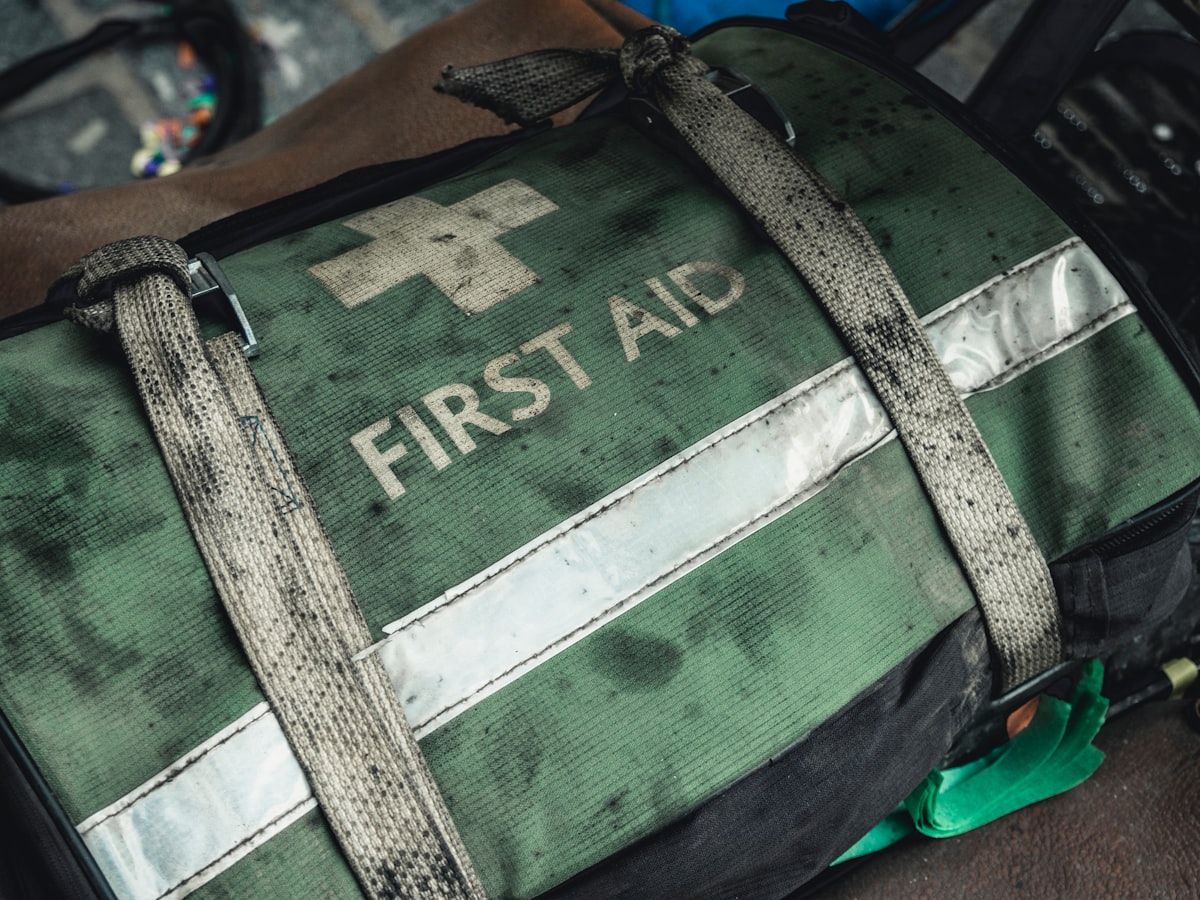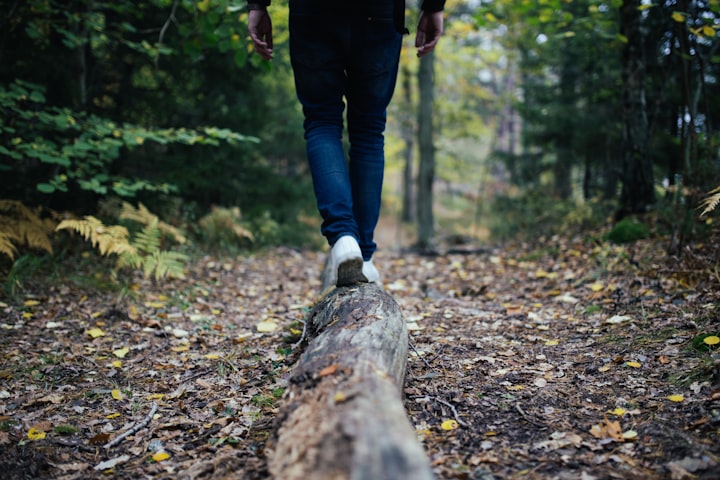Safety in the Ultralight Era: Striking the Balance between Weight and Well-being

Introduction
Ultralight backpacking can feel like a liberating dance with nature, each step unburdened by unnecessary weight. Yet, with this newfound freedom comes responsibility. Safety must always be paramount. How does one strike that delicate balance between going light and ensuring safety? Let's dive into the world of the ultralight backpacker, where every gram counts, but so does every decision.
Understanding the Ultralight Philosophy
Before delving into specifics, it's vital to grasp the essence of ultralight backpacking. It's not just about carrying less but carrying smarter. It's about understanding your environment, your body, and your capabilities. An experienced ultralight backpacker knows that the balance between weight and safety is not about compromise, but about making informed choices.
First Aid: Compact yet Comprehensive
Essential Items
At the heart of any ultralight first aid kit are essentials like adhesive bandages, antiseptic wipes, blister treatment, pain relievers, and any personal medication.
Multi-use Items
Think of items that can serve dual purposes. For instance, duct tape can be used for gear repair but can also work as a blister patch in a pinch. A bandana can function as a bandage, sling, or even a tourniquet.
Knowledge Over Gear
Perhaps the most potent tool in any first aid kit is knowledge. Knowing how to use what you have effectively can be more valuable than any piece of equipment. Consider taking a wilderness first aid course.
Emergency Gear: Light but Lifesaving
Signaling Tools
Even in the age of smartphones, a whistle remains a lightweight and reliable tool to signal for help. A small mirror can also be used for signaling during sunny days.
Navigation
A lightweight compass, combined with knowledge of the terrain and basic orienteering skills, can be invaluable. Many ultralight hikers also opt for GPS apps on their smartphones, but always have a backup plan in case of battery failure.
Shelter and Warmth
An emergency bivvy or a lightweight space blanket can be a lifesaver in unexpected cold snaps or if you're forced to spend an unplanned night out.
Fire
Waterproof matches or a small lighter can be crucial, not just for warmth but also for signaling in emergencies.




